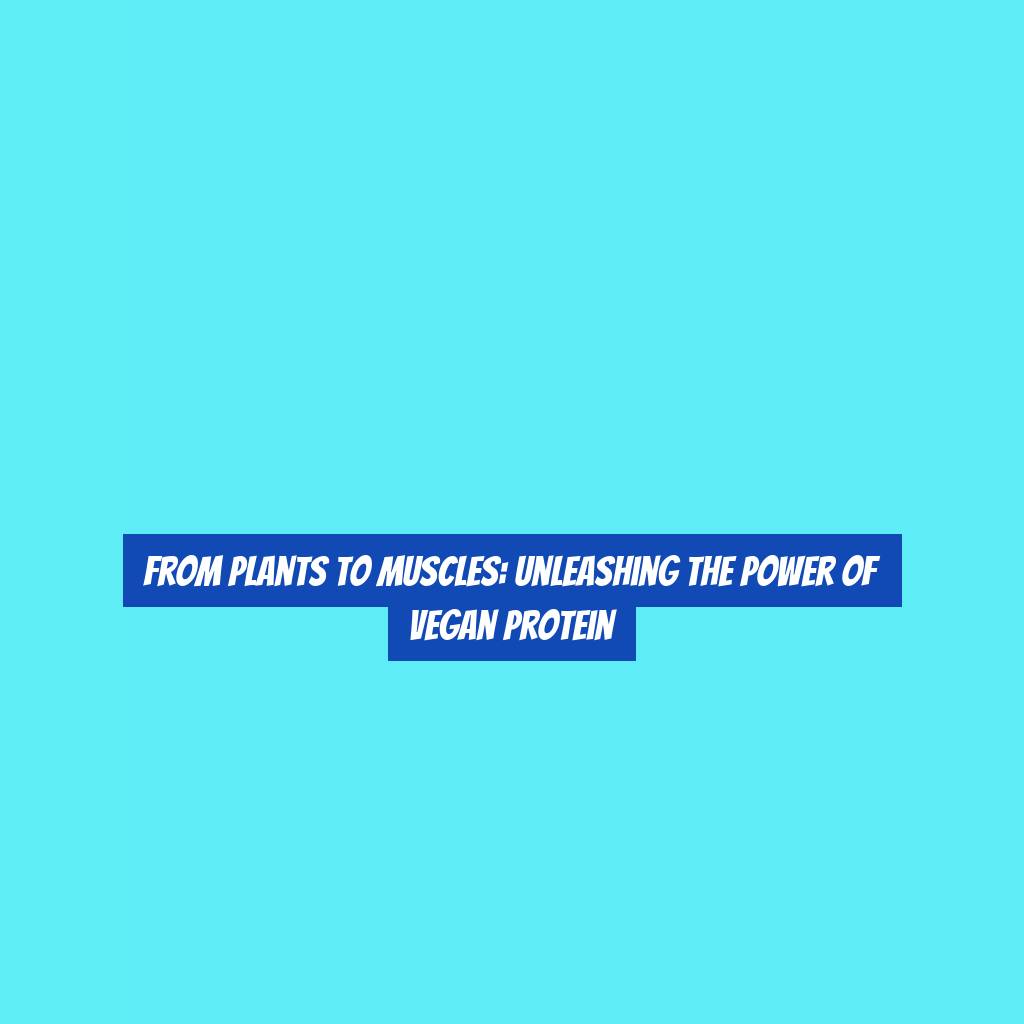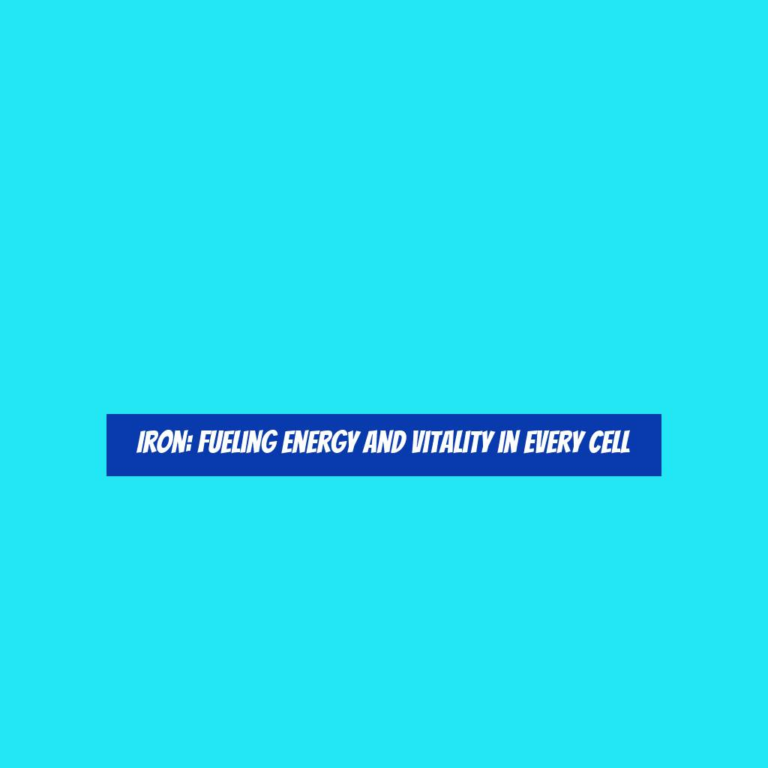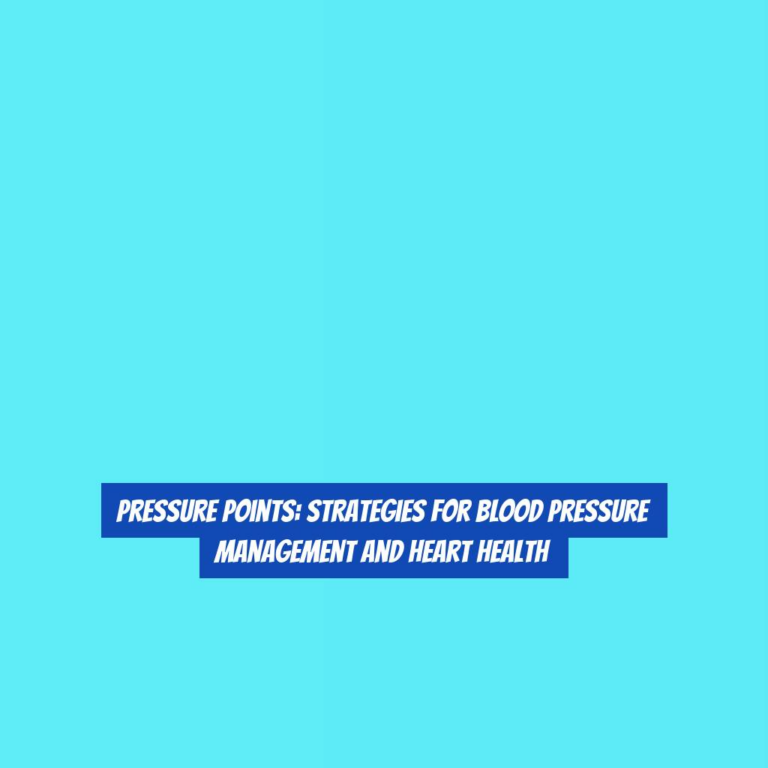From Plants to Muscles: Unleashing the Power of Vegan Protein
You may think that building muscle on a vegan diet is an impossible feat, but the power of vegan protein is not to be underestimated. With the right knowledge and choices, you can effectively fuel your muscles and achieve your fitness goals without relying on animal products.
But how exactly does vegan protein measure up when it comes to muscle growth and athletic performance? LetG??s explore the science behind plant-based protein and its potential to transform your fitness journey.
Benefits of Vegan Protein
YouG??ll be surprised at how easily you can meet your protein needs with vegan sources, which offer numerous health benefits. Vegan protein isnG??t only abundant but also packed with essential nutrients. One of the key benefits is that plant-based proteins are generally lower in saturated fat and cholesterol, making them heart-healthy choices. By incorporating sources like lentils, chickpeas, tofu, and quinoa into your diet, you can actively reduce the risk of heart disease and lower your cholesterol levels.
Additionally, vegan protein sources are often high in fiber, promoting better digestion and contributing to a feeling of fullness, which can assist in weight management. These plant-based proteins are also rich in antioxidants, vitamins, and minerals, providing your body with the necessary tools to thrive. They support muscle recovery and growth, making them an excellent choice for athletes and fitness enthusiasts.
Furthermore, opting for vegan protein can have positive impacts on the environment, as it often requires fewer resources and produces fewer greenhouse gas emissions compared to animal-based protein sources. Embracing vegan protein not only benefits your health but also contributes to a more sustainable future.
Top Plant-Based Protein Sources
Vegan protein sources offer a wide variety of plant-based options that are rich in essential nutrients, making it easy to meet your protein needs while enjoying a range of health benefits.
Some of the top plant-based protein sources include legumes such as lentils, chickpeas, and black beans. These arenG??t only high in protein but also packed with fiber, vitamins, and minerals.
Quinoa is another excellent source of protein that contains all nine essential amino acids, making it a complete protein.
Additionally, tofu and tempeh, which are made from soybeans, are versatile protein sources that can be used in various dishes.
Nuts and seeds like almonds, chia seeds, and pumpkin seeds are also great options for boosting your protein intake.
Green peas, edamame, and spinach are plant-based protein powerhouses that can be easily incorporated into your meals.
With these diverse plant-based protein sources, you can create delicious and nutritious meals while meeting your protein requirements.
Vegan Protein for Muscle Growth
Looking to build muscle on a vegan diet? You might be surprised to learn that itG??s entirely possible to achieve significant muscle growth without consuming animal products. Vegan protein sources can provide the essential amino acids your body needs to repair and build muscle tissue.
Here are four key factors to consider when incorporating vegan protein into your muscle-building regimen:
-
Complete Protein Sources: While animal products are complete proteins containing all essential amino acids, plant-based options like quinoa, soy, and buckwheat also offer complete proteins, making them valuable for muscle growth.
-
Protein Timing: To maximize muscle protein synthesis, aim to consume adequate protein throughout the day. This includes consuming protein-rich snacks and meals, as well as post-workout protein to aid in muscle recovery.
-
Diverse Protein Choices: Incorporating a variety of vegan protein sources such as legumes, nuts, seeds, and tofu can ensure you receive a wide array of nutrients necessary for muscle growth and overall health.
-
Supplementation: If necessary, consider supplementing with vegan protein powders to meet your daily protein requirements, especially if you have increased protein needs due to intense physical activity or muscle-building goals.
Incorporating Vegan Protein Into Your Diet
To effectively incorporate vegan protein into your diet for muscle growth, itG??s crucial to diversify your protein sources and pay attention to protein timing throughout the day.
Start by incorporating a variety of plant-based protein sources such as lentils, chickpeas, quinoa, tofu, tempeh, edamame, nuts, and seeds into your meals. This diversification ensures that youG??re not only getting a range of essential amino acids but also a wide array of nutrients.
In addition to diversifying your protein sources, itG??s important to pay attention to protein timing. Distribute your protein intake evenly throughout the day, aiming to include a source of protein in each meal and snack. This approach optimizes muscle protein synthesis and ensures that your body has a steady supply of amino acids for muscle repair and growth.
For example, you can start your day with a protein-packed smoothie, have a lentil salad for lunch, snack on nuts and seeds in the afternoon, and enjoy a tofu stir-fry for dinner.
Vegan Protein and Athletic Performance
Improving athletic performance on a vegan diet requires strategic planning of your protein intake and meal timing. To maximize your performance, consider the following tips:
-
Balanced Nutrition: Ensure that your vegan diet includes a variety of plant-based protein sources such as legumes, tofu, tempeh, seitan, and quinoa. This will provide you with a complete amino acid profile necessary for muscle repair and growth.
-
Meal Timing: Consume a high-protein meal or snack within 30 minutes to an hour after your workout to kickstart the muscle recovery process. This can be a smoothie with protein powder, a bowl of lentils, or a tofu stir-fry.
-
Supplementation: If you struggle to meet your protein needs through whole foods alone, consider incorporating vegan protein powders into your diet. Look for options such as pea protein, brown rice protein, or hemp protein.
-
Hydration: DonG??t overlook the importance of staying adequately hydrated. Water is essential for optimal muscle function and recovery, so make sure youG??re drinking enough throughout the day.
Conclusion
So, whether youG??re looking to build muscle, improve athletic performance, or simply boost your overall health, vegan protein is a powerful and effective option.
With a wide range of plant-based sources to choose from, itG??s easy to incorporate into your diet.
From lentils and chickpeas to tofu and quinoa, the options are endless.
So go ahead and unleash the power of vegan protein for a stronger, healthier you.






